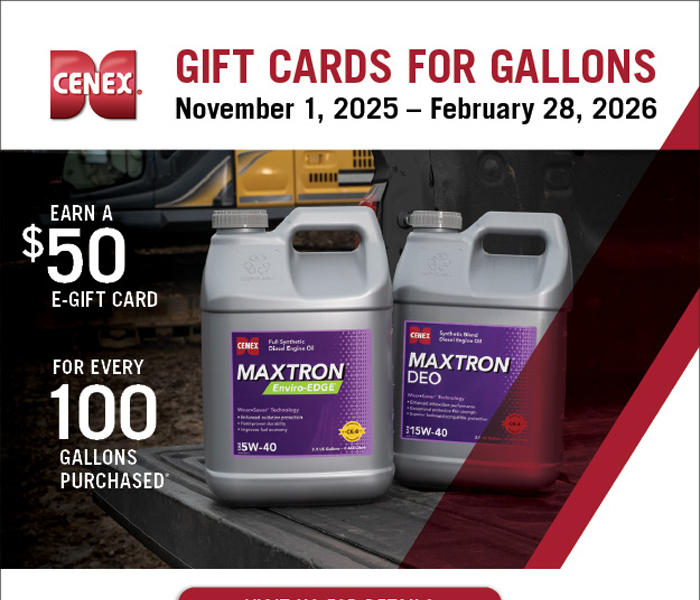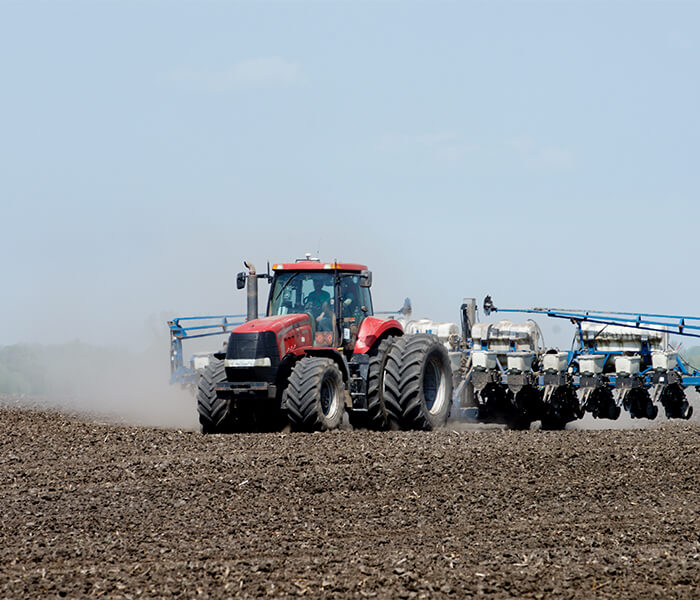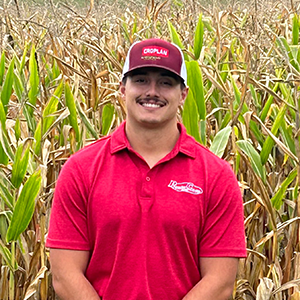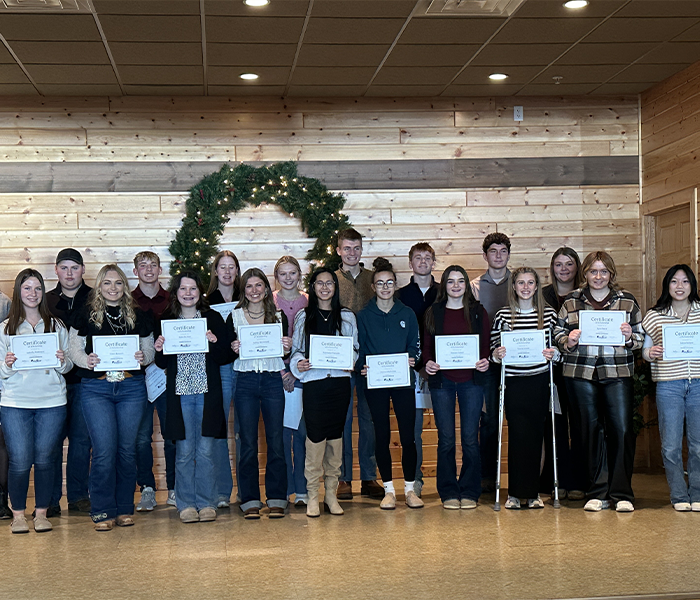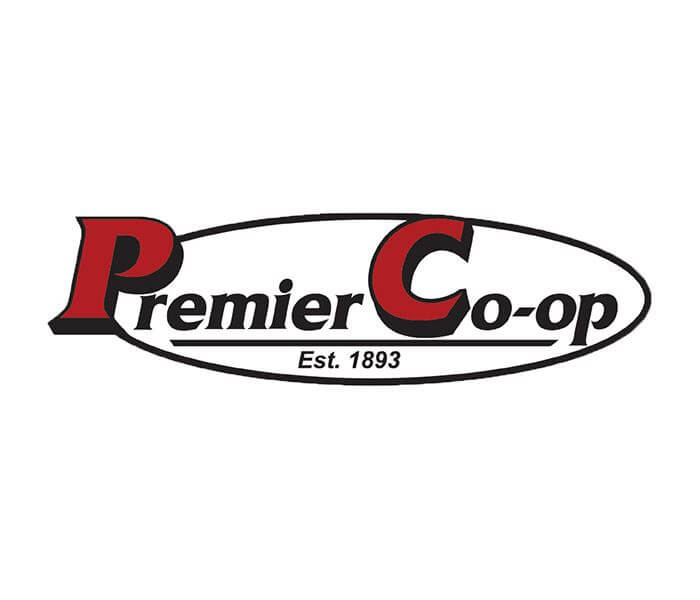Planter Maintenance is Important
Your seed’s highest yield potential is while it is still in the bag. It is important to start your spring with good practices to maintain and protect as much yield as possible. A good way to start is with maintenance on your planter. Your planter should be the most important piece of equipment on the farm. Planter maintenance is a crucial part of establishing a great crop.
Here are a few key maintenance checklist for your planter:
- Drive system
- Bushings
- Parallel arm linkage
- Down pressure mechanics
- Row cleaners
- Gauge wheels
- Disc openers
- Closing wheels
- Seed tubes
- Seed firmers
- Meter calibration
A couple of often overlooked maintenance practices are checking planter calibration and planting depth. It pays to make sure the planter is calibrated because you could be putting out a higher or lower population than your targeted amount, which can adversely affect your yield. Planting depth is not a one size fits all. Planting depth should be adjusted according to soil conditions. Different soil conditions could be due to different tillage practices from field to field or varying soil moisture.
Planting is an exciting time of the year. If you have any questions on preparing your planter for this spring, or have some farm planning left to do, please give your Premier agronomist a call. I hope everyone has a safe spring.
